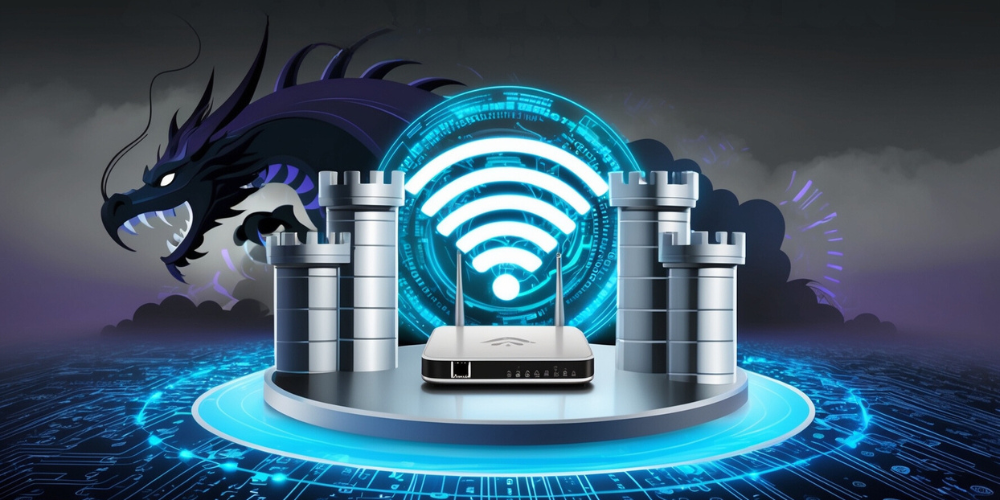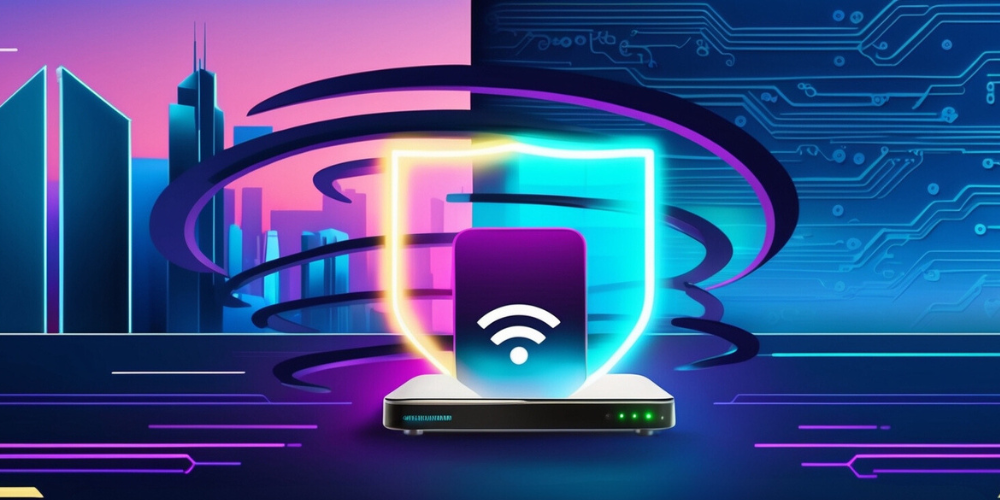Adequate Protection: Fortifying Your Wi-Fi Network Against Cyber Threats
- Nov 17, 2024
- 1005

In today's digital era, safeguarding your home Wi-Fi network has become fundamentally important. Our homes are intertwined with the internet through various devices, ranging from phones to refrigerators. This dependency, however, opens the door to numerous security challenges that, if not managed, can have serious implications for our privacy and security.
Leaving your Wi-Fi network vulnerable is akin to leaving your front door open. Cyber intruders can not only eavesdrop on your online activities but can also penetrate deeper, leading to potential data theft and more severe cybercrimes. To shield your digital space, it's essential to implement robust protective measures. Here, we explore practical strategies to enhance the security of your Wi-Fi network.
Strengthen Your Network Credentials

One of the primary steps in securing your Wi-Fi network is changing the default username and password. Internet service providers often assign default passwords that are publicly available, making them easy prey for cybercriminals. To combat this, create a strong, unique password filled with a mix of letters, numbers, and symbols. This makes it harder for malicious actors to gain unauthorized access.
Additionally, change the default Service Set Identifier (SSID) of your network. A unique SSID can prevent hackers from guessing what type of router you have and reduces the risk of being targeted.
Enable Wireless Network Encryption
Encrypting your network is a potent method of protecting it against unauthorized access. Wi-Fi Protected Access II (WPA2) encryption is highly recommended as it scrambles your data, making it inaccessible to intruders. Should your devices be incompatible with WPA2, consider upgrading to ensure that your network remains fortified with the latest security standards.
Leverage a Virtual Private Network (VPN)
A Virtual Private Network (VPN) offers an additional layer of security by encrypting your internet traffic. A VPN masks your IP address, making your online activities difficult to trace. This is especially useful when using public or unsecured networks. Make sure your VPN is enabled on all devices that connect to the internet, including laptops, tablets, and smartphones.
.png)
Keep Your Network Out of Sight
Hiding your network from view can be an effective deterrent for potential attackers. By disabling the SSID broadcast, you make your network less visible to anyone trying to connect to wireless networks in your area. Though it might seem a small measure, keeping your network out of prying eyes reduces its exposure to unsolicited access attempts.
Maintain Your Network's Health with Regular Updates
Manufacturers often release software updates to patch security vulnerabilities. Ensure that your router's firmware is regularly updated to incorporate these latest fixes. Unfortunately, most routers don't automatically update their firmware, making it necessary for you to check for updates periodically.
Moreover, enable automatic updates wherever available for all connected devices, such as your smartphone and computer. Regular updates ensure that your systems are armed with the most recent security enhancements.
Additional Precautionary Measures

- Turn off your Wi-Fi network when not in use, especially during extended periods of absence from home.
- Enable the router's built-in firewall to provide another layer of protection from external threats.
- Optimize the router's location by placing it at the center of your home to improve connectivity and reduce signal leaks outside your home's perimeter.
- Consider enabling MAC address filtering to restrict the devices connecting to your network, adding another front against unauthorized access.
- If you do not require remote access to your router, disable this feature to prevent external alteration of your network configurations.
By integrating these practices, you can effectively bolster the security of your home Wi-Fi network. As our dependency on technology grows, maintaining a secure digital environment becomes not just a necessity but a fundamental responsibility to protect your personal and sensitive information.